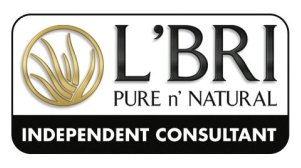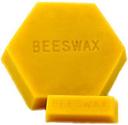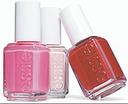|
Avoid Oil Along With These Ingredients#1 Mineral Oil This is the most common ingredient used in skin care products. It can attract dirt and cause blackheads and eruptions. It also accelerates free radical damage, which speeds up the aging process. Heavy pore-clogging oils are used to lubricate the surface of the skin. It smothers our skin instead of penetrating to our skin's second layer.
#2 Sodium Lauryl Sulfate (SLS) SLS is used in many products. It's a strong degreaser that dries your skin and hair and can cause eczema in some people. It has also been known to cause severe inflammation of the dermal and epidermal tissue. If your product lathers when you use it, it probably has SLS in it. #3 Waxes This includes Beeswax, Paraffin, Candelilla Wax, and Carnauba Wax. Waxes are used in cleansing and eye creams. Waxes clog pores which leads to whiteheads and blackheads. They actually smother the skin which over time can create an enlarged pore problem.
#4 Alcohol Some examples include Isopropyl Alcohol, SD Alcohol 40, and Ethyl Alcohol. Drying alcohols strip the skin of it's own protection, which leaves it vulnerable to infection. Alcohols destroy the skin's pH balance and speeds up the wrinkling of our skin. #5 Lanolin Lanolin is a yellow, fatty secretion that comes from sheep's wool. It is widely used in skin care. It causes allergic reactions for some as well as enlarged pores.
#6 Acetone Acetone is used in nail polish and nail polish remover. This is often used in toners, fresheners, and clarifying lotions. It is extremely toxic and will dry up your skin, which speeds up the aging process.
#7 Petrolatum Petrolatum is also known as "paraffin jelly" or "petroleum jelly". It is not absorbed by our skin. It suffocates our pores. All petrochemicals pollute our water and destroy marine life.
#8 Borax Borax is used in baby and bath powders, eye creams, fresheners, and mouth washes as a preservative. It is rapidly absorbed by the skin. Borax is still widely used despite repeated warnings from the American Medical Association. #9 FD&C When this abbreviation precedes the name of a color, it means that the FDA has certified it as safe for use in drugs and cosmetics, but not food. D&C colors are usually synthetic coal tar colors, which means they are toxic and should be avoided.
Check the labels of the products your are currently using. If they contain any of these ingredients you may want to reconsider what you are putting on your skin.
Click here to return from oil to how aloe is processed.

|









